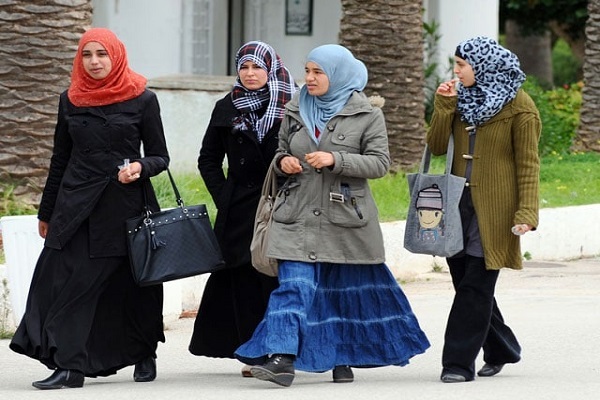A report on systemic discrimination forcing Muslim female journalists in the UK to leave media outlets.
According to a report by the Shafaqna News Agency, a recent study by the Centre for Media Monitoring (CfMM) reveals the extent of systemic and severe discrimination faced by Muslim women in the UK’s largest media institutions. The report emphasizes that this situation jeopardizes their careers and forces many to leave journalism due to a work environment marked by exclusion, racism, and hidden marginalization.
Titled “Muslim Women in Media: Breaking Barriers and Bearing the Burden,” the report states that over 90% of survey participants acknowledged the presence of anti-Muslim sentiments in their workplaces, while 72% reported experiencing direct discrimination due to their Islamic identity.
The report, based on testimonies from 102 Muslim journalists working in British media, highlights how the hijab alone acts as a barrier, preventing Muslim journalists from advancing and restricting them to covering “minority issues,” while denying them access to mainstream and influential topics.
Key findings include:
- 85% of participants said their mental health had been harmed by the UK media’s coverage of the recent Gaza war.
- 60% expressed a strong desire to leave journalism altogether, feeling their voices were entirely ignored in newsrooms.
The report explains that discrimination is not limited to editorial policies but extends to everyday organizational culture, manifesting in various forms such as deliberate exclusion, being sidelined from decision-making, and a lack of belonging. Some participants described an ongoing struggle between their religious identity and the demands of surviving in a workplace that fails to recognize diverse backgrounds.
The report warns of a silent crisis threatening the future of British media—the imminent mass exodus of Muslim women from the industry—unless genuine reforms go beyond superficial diversity slogans and establish professional equity based on cultural and religious diversity in media institutions.
shafaqna


